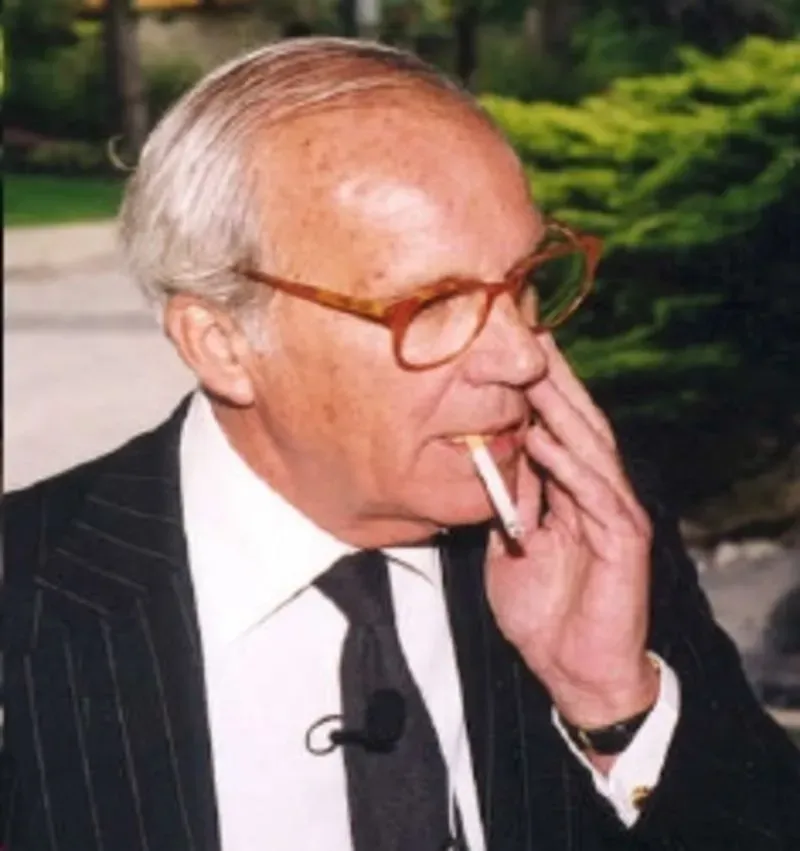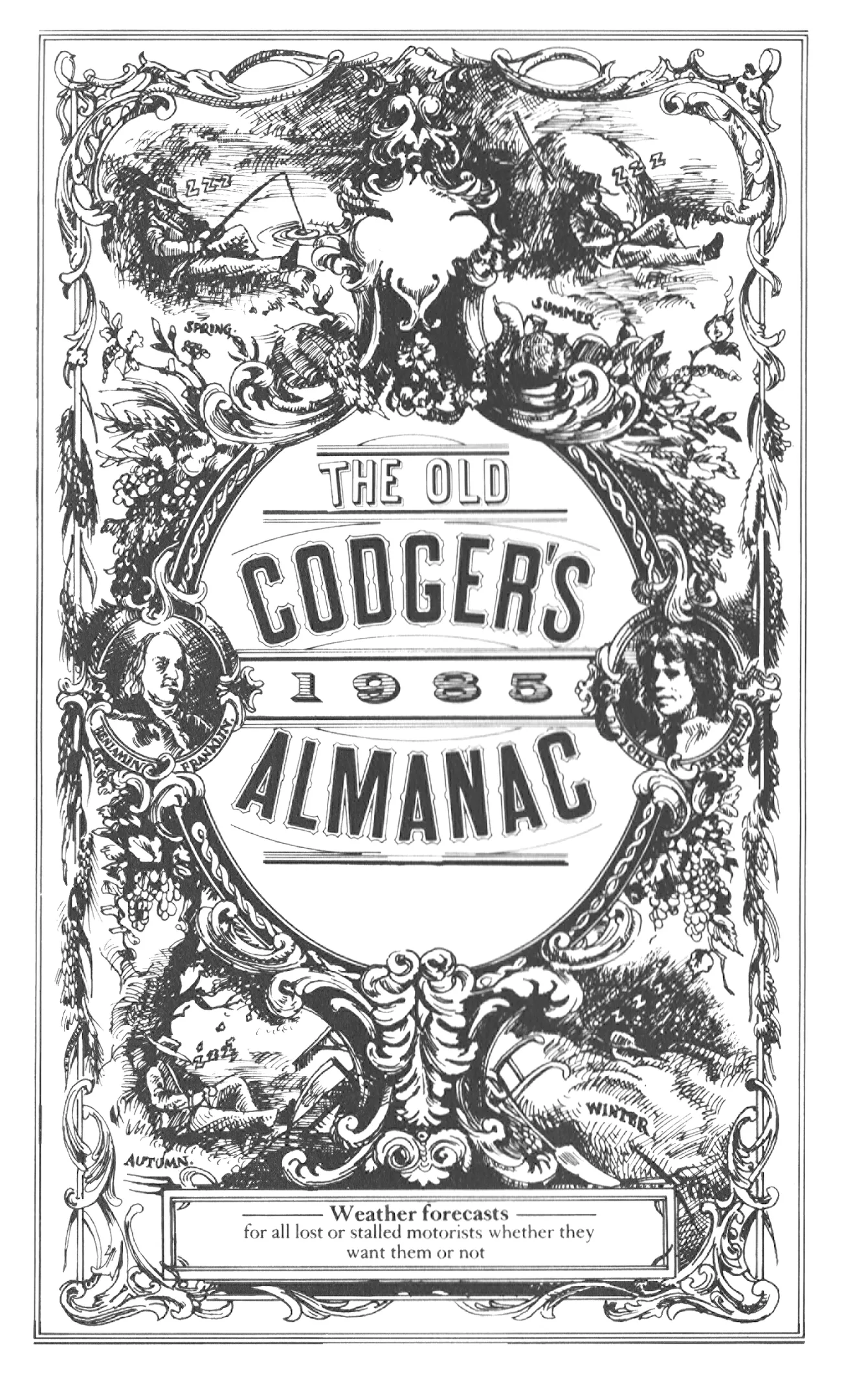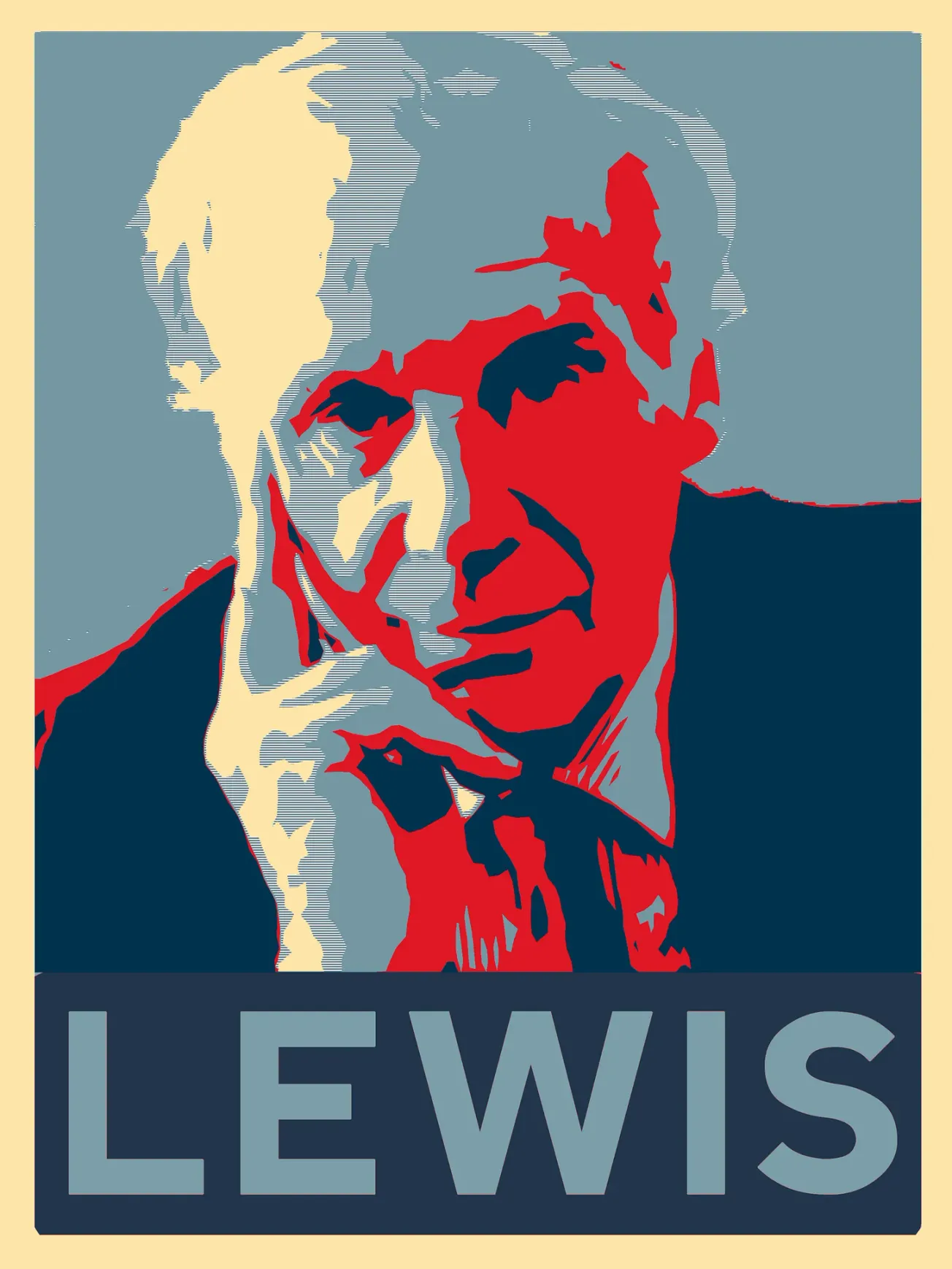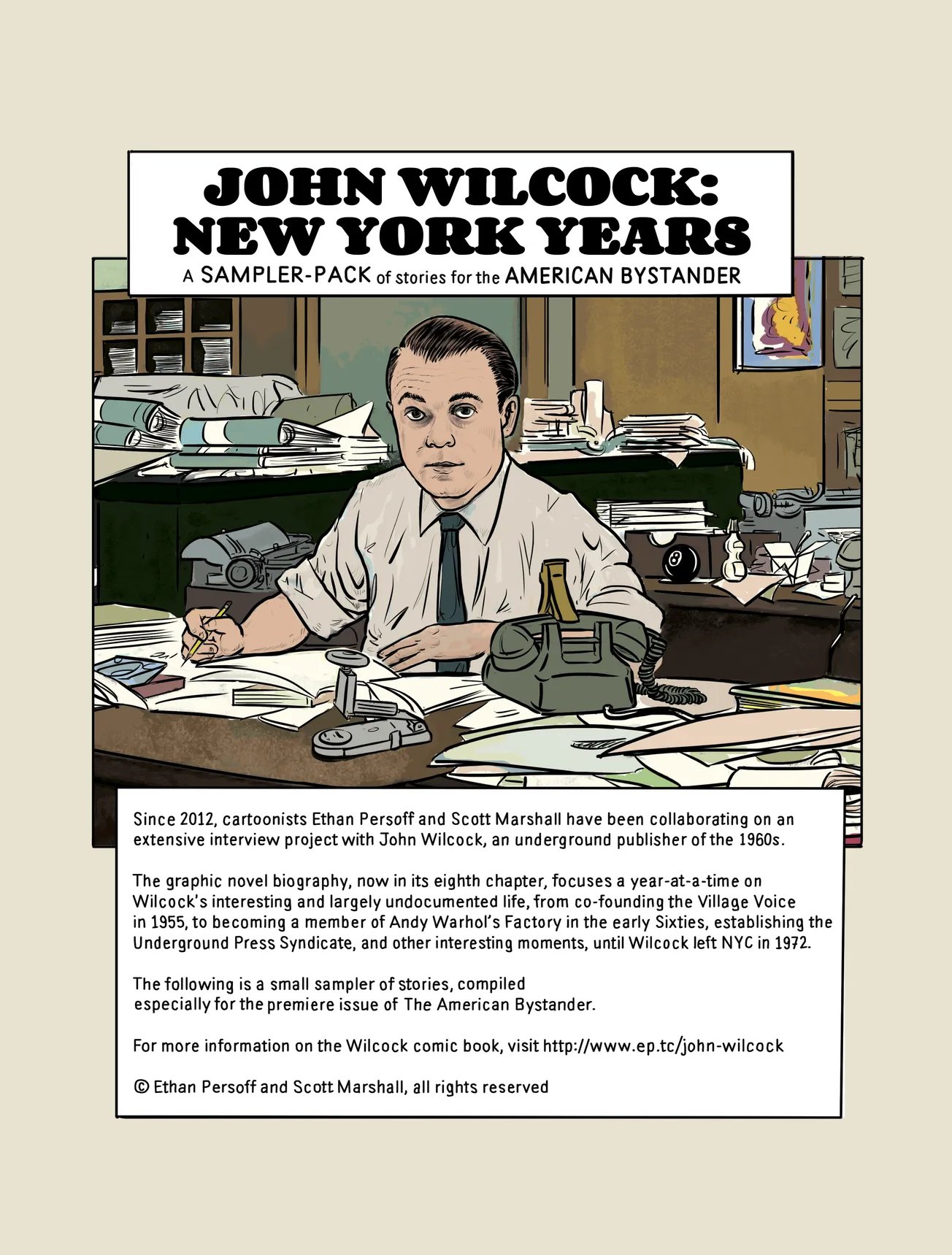Lewis Lapham ‘56—and I’m including his Yale College year because that mattered, not to Lewis (he was not a snob) but to show you where the man and his mind came from—died yesterday in, but of course, Rome. The legendary writer and editor, whom most Americans don’t know from his three-decade stint running Harper’s Magazine, was 89.
Anyone who tells you that smoking or drinking shortens your life must deal with the powerful counterexample of Lewis H., who even when I met him 30 years ago had a jerky-like though still handsome countenance—though whether that raffish preservative effect was more from the booze or the Parliaments only his coroner can say. All I know is that I absorbed enough second-hand nicotine over one Yale Club lunch, it made my appetite disappear and my head spin. I needed every bit of that stimulating poison to keep up with Lewis’s exquisitely febrile magpie mind, which flitted from Cataline to Air Jordans to Bill Clinton so quickly it became a running joke. Whenever Jon or I would draw ourselves up (Lewis was tall) and intone, “As Marcus Tullius Cicero once said,” the other knew that a faux Harper’s front-of-book essay was in the offing.
”As Marcus Tullius Cicero once said, remarking on a then-current vogue for assless chaps…”
”As Marcus Tullius Cicero once said, presaging the popularity of Liza Minnelli by a full two millennia…”
”As Marcus Tullius Cicero once said, aptly describing Siegfried but strangely enough, not Roy…”
”As Marcus Tullius Cicero once said, “‘Cum tu salire/Non potes prohibere,’ or ‘Once you pop, you cannot stop.’”
I even tried it out on the man himself. ”As Marcus Tullius Cicero once said,” I joked during our lunch, “Lewis Lapham is like Gore Vidal if he were straight.”
To his credit, Lewis laughed.
• • •
Lewis’ love of Greece and Rome was Old School in the extreme, something that doubtless took root in boarding school, then grew like wild laurel at Yale, The San Francisco Examiner and The New York Herald Tribune. But don’t get the wrong idea—Lewis was no alt-right Augustus-fluffer; he was anti-Imperial to his bones. There is something undeniably beautiful and even occasionally small-d democratic in pre-Caesarian Rome’s sharp-elbowed, even sharper-tongued polyglot world, and I’ve always found a love of the Republic in particular to speak well of an American patrician. (A love of the Greeks, well…in my experience, consider that fair warning to carefully consider that invitation to the Yale Club plunge.)
Lewis was rangy and elegant and old-fashioned formal—I never saw him in anything but a blue pin-striped three-piece suit—dryly funny, and a bit haunted. It’s tough to live in America since Clinton with any kind of knowledge of the Roman Civil Wars period, and I remember it was less than three minutes after we were seated in the Tap Room that one or both of us had uttered “the Gracchi.” (Jon was there, too, and he is much funnier than I am in person, so he held his own.)
Like me, Lewis lived with double-vision, seeing now through the lens of then and vice-versa. Though infinitely better-read—Oak Park River Forest High School has its strengths, but it wasn’t Hotchkiss in the 50s—our historical allusions were compulsive, and augured many fun conversations to come.
Alas, it was not to be. As I’ve written in the pages of The American Bystander, we passed like ships in the night, bumping amiably but one time back in the mid-1990s. Next to Lewis, Jon Schwarz and I were a couple of smart little tramp steamers, while he was a stately but decaying (even then!) ocean liner, bobbing on a sea of bourbon, cigarette smoke pouring plentifully from all four stacks.
For one brief shining lunch, it seemed like our hilarious new Uncle Lewis was going to publish our parody of The Wall Street Journal. When he didn’t—either for cold-blooded publishing reasons or the unwelcome return of sobriety (well, semi-; I don’t get the impression that Lewis ever really reached BAC 0.00)—Jon and I were authentically crushed. Because even in his mercurialness—perhaps especially in that—Lewis Lapham embodied everything New York Publishing had been, and wasn’t going to be any more. In his virtues (erudition, openness, taste, an intellect that was as wide-ranging as it was precise) and his flaws (a kind of cultural isolation born of class, race, and raw mazoomah, plus the tendency to treat other humans as mere ants), Lapham foretold very clearly what would be forever lost to American culture upon the advent of the shitposting age.
Lewis Lapham was that rarest of Americans, a public intellectual, and he was probably the last one not artificially propped up by politics. Having listened to Lewis, someone like Christopher Hitchens always seemed way too sure of himself, much too certain to be trusted. There was a provisionality to Lewis’ thinking that in my experience only comes from a deep, lifelong study of human affairs. Someone like Gore Vidal might mine a period to prove a polemic (Vidal’s historical novels are, to my mind, nothing but this), and this or that Englishman might frost an argument with allusions to overawe the colonials—but Lewis picked up the essential provisionality of our plans and hopes, schemes and dreams. “We can surmise but cannot be sure,” Lewis’ writing always seemed to say without saying, “so we must always be humane.” That was my take-away from his later magazine of history, Lapham’s Quarterly, which I highly recommend, and reads to me like Bystander without the jokes.
So. Farewell then, Lewis (who would get the joke). We will salute you in a way you will approve of, by reprinting Catullus 101:
Multās per gentēs et multa per aequora vectus
adveniō hās miserās, frāter, ad īnferiās,
ut tē postrēmō dōnārem mūnere mortis
et mūtam nēquīquam alloquerer cinerem
quandoquidem fortūna mihī tētē abstulit ipsum
heu miser indignē frāter adēmpte mihī
nunc tamen intereā haec, prīscō quae mōre parentum
trādita sunt trīstī mūnere ad īnferiās,
accipe frāternō multum mānantia flētū.
Atque in perpetuum, frāter, avē atque valē.
”Carried through many nations and many seas,
I arrive, brother, at these miserable funeral rites,
So that I might bestow you with the final gift of death
And might speak in vain to the silent ash.
Since Fortune has stolen you yourself from me,
Alas, wretched brother, unfairly stolen from me,
Meanwhile, however, receive these which in the ancient custom of [our] parents
were handed down as a sad gift for funeral rites,
dripping much with fraternal weeping,
And forever, brother, hail and farewell.”◊
Having a lot of elderly friends, The American Bystander’s MICHAEL GERBER is getting quite good at the lightning-fast obit. If you need some cheering up, why not go to the Bystander’s new store on Etsy? Lewis would want you to.









